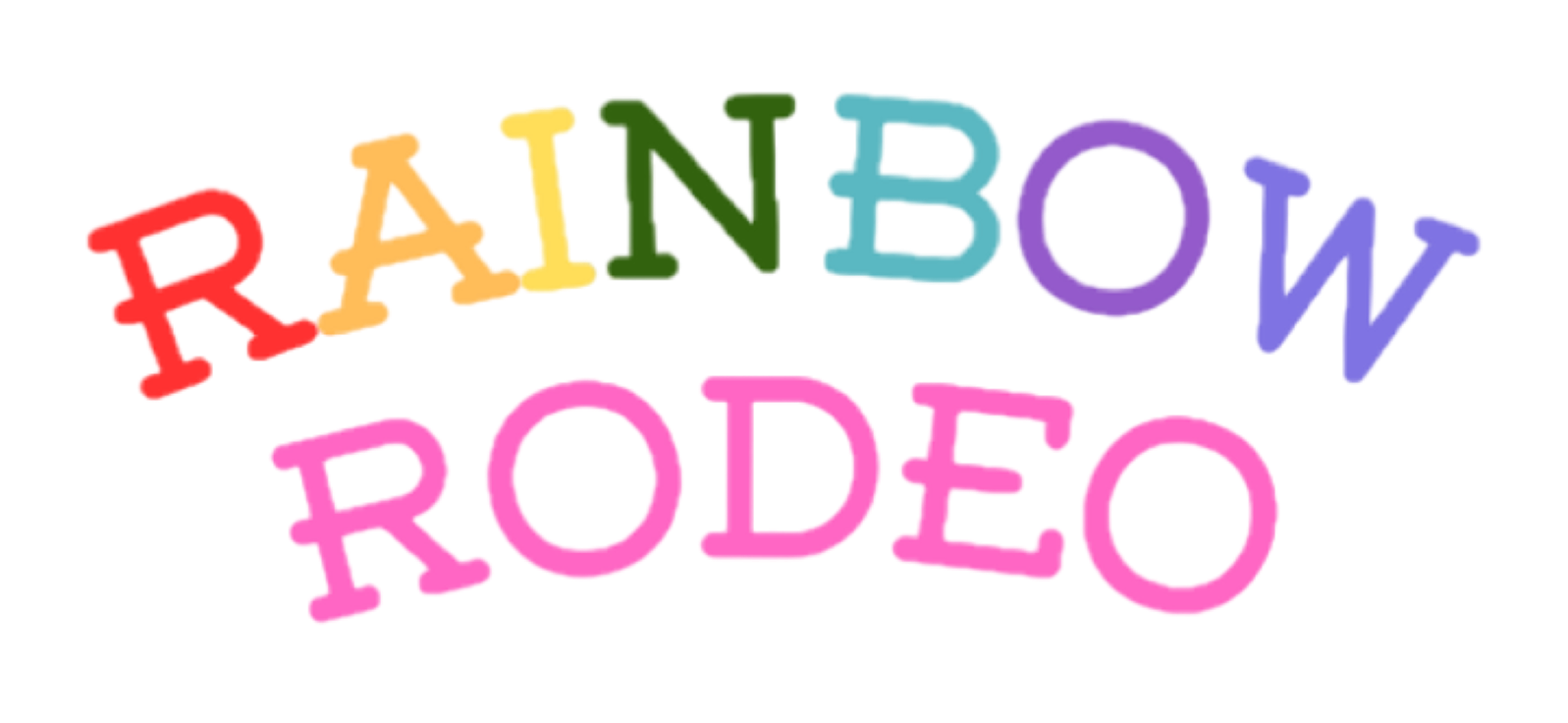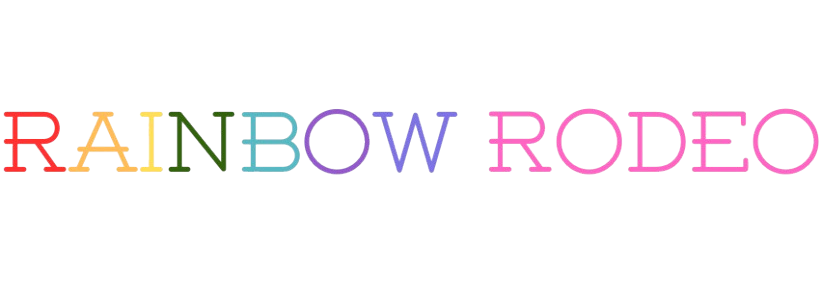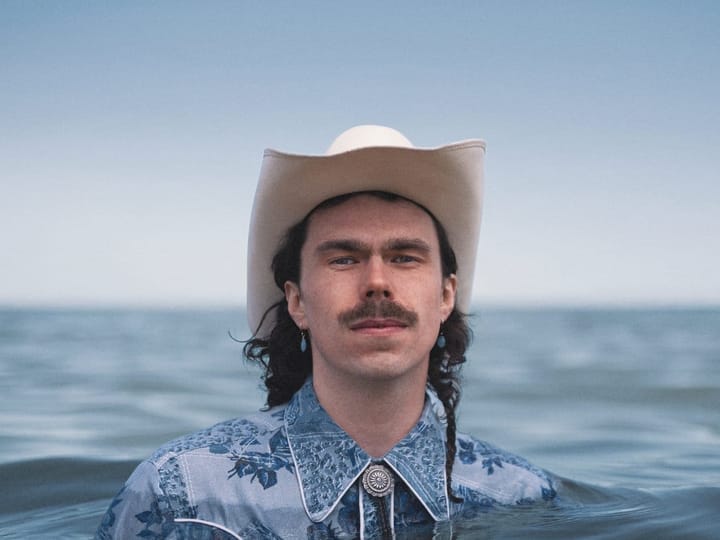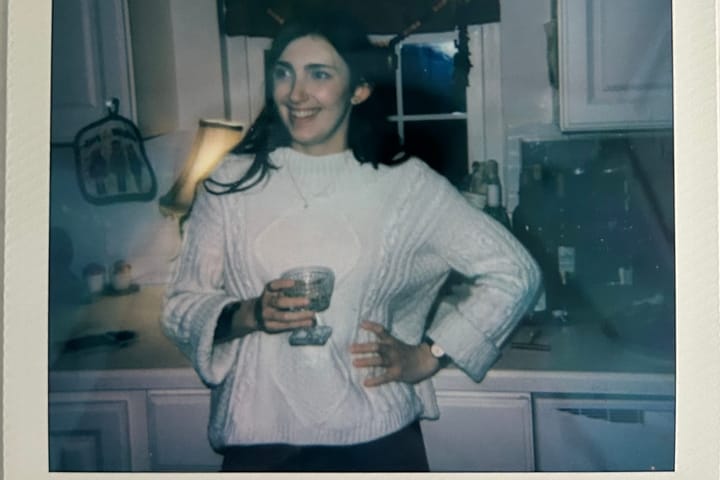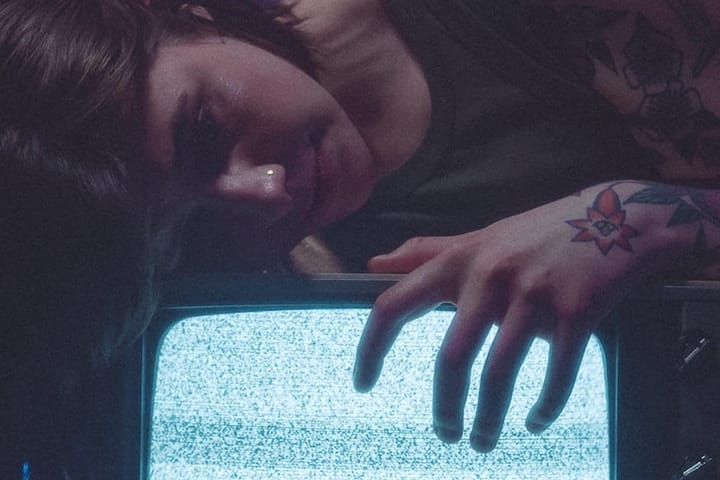INTERVIEW: Amelia Riggs Calls For Angrier, Messier, Louder Queer Country
Amelia Riggs never settles for less -- and in our interview, she talks her new song "Talons," how she continues to push her artistry, and putting our dicks on the table to push queer country even further.
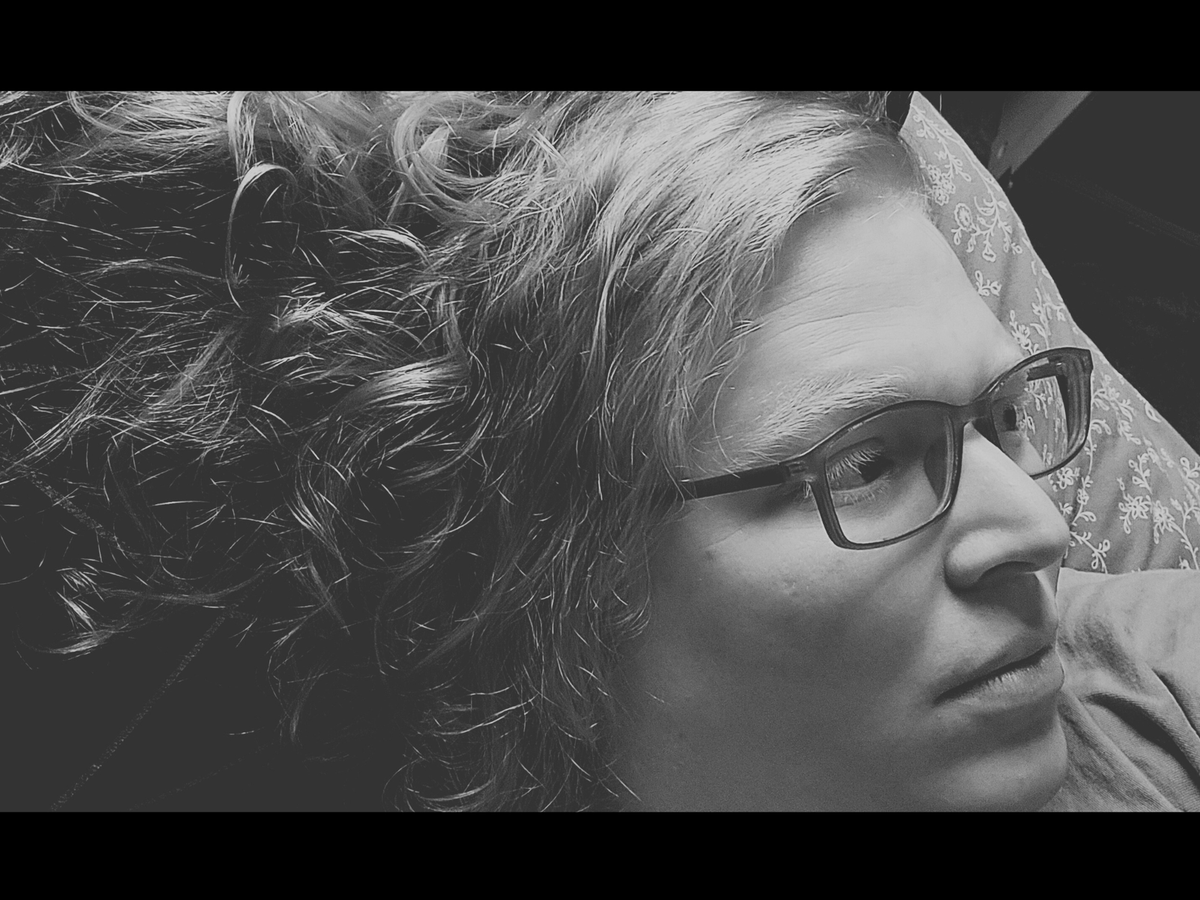
Amelia Riggs never settles for the easy path. I wrote about her remarkable vulnerability a few weeks ago: the ways queer country demands nothing less than our blood. There's a reason Priya Sridhar included Amelia in her country rebel playlist. In our interview, we discuss Amelia's new song "Talons" – in memory Giles Corey – and what we need to push queer country forward (by putting our dicks on the table.)
What was the impetus behind "Talons?"
"Talons" is inspired by the execution of Giles Corey, a real life farmer from the 1600's whose story is dramatized along with others in Arthur Miller's The Crucible. He and his wife are falsely accused of witchcraft and he refuses to sign a confession or name names for others. As a result of his noncompliance the government has him publicly pressed to death with stones, in hopes he would budge. Reportedly his last words were yelling out "More weight!"
I was thinking of Corey in an exercise in wishful thinking, that maybe there are still good people out there willing to harbor and defend the marginalized with their lives, out of a sacred duty of humanity. "Where would we be without wishful thinking," goes the Wilco song.
Your music is always challenging on some level. How do you get into a space to push yourself further and further?
A lot of times it comes down to abandoning palettes I'm comfortable with, both sonically and lyrically. Make this simpler, push myself more here. Try not to do the same thing twice. Ween was always a huge influence in how I approach starting new projects, how there's barely ever any songs by them that follow the same formula over and over. I also keep listening to other music constantly. Hardest thing is to get out of your comfort zone with what you take in, so lately I've been really loving the newest Callous Daoboys album. I love a big messy concept album, stylistically all over the place. I think we need to abandon the idea of music being "pretentious" and start fucking with structure and tones a lot more. There's a way to do big ideas sincerely that more folks need to explore.
The Subject Was Faggots is both intimate and full of complex layers. How do you feel you found that balance?
Faggots is a hodgepodge of trying to make one album three different ways, which might explain why its moods and sounds tend to bounce around a lot. I call it a mixtape for this reason too, there's nothing really coherent about the thing. But I didn't want it to be something to get thrown away either. So for the first time I abandoned the idea of overarching concepts and just decided to construct a Really Good Collection of Songs that I couldn't make work together otherwise. Some of these songs will come back in different forms down the line, I can tell you that now.
I know you have some mixed (or complicated) feelings about being classified as "queer country." What does the label mean to you? How would you define your work?
I'm queer and I made a country album a while back (I Got A Big Electric Fan To Keep Me Cool While I Sleep) that got a lot of traction compared to other stuff I was working on. During that weird post-covid period you had a lot of great acts pop out and get big doing their own things. The best ones found a way around the truth of it all: queer country is very much a fad that is passing out of fashion almost completely. Orville Peck got signed to a major label and he's maybe the only one to get out of the fad and into the real world with his mask barely intact.
The rest of us either gave up or found ways to make the landscape work for us. Mya Byrne, Paisley Fields, Adeem The Artist. These are friends of mine whom I hold up as the Mount Rushmore of the movement, and even they have all branched out from the frankly limiting constraints the commodified version of Queer Country that sells t-shirts to wine moms and cis gay men were offering us. Losing Patrick Haggerty felt like the nail in the coffin for the movement too. The momentum and joy he brought to the idea of queer country is being carried on by a select few, but the radical leftist spirit seems to be dwindling.
In order for Queer Country to survive it has to get angrier, messier, and louder. And some folks are gonna have to put their proverbial dicks on the table and try some new stuff out.
As for how I define my work now? I don't know. Faggoty experimental folk is where I'm leaning at the moment. I don't make music for straight people and don't plan on it ever again. If they end up liking what I make then that's fine, they have to pay double though.
Where are you finding joy in queer music spaces these days?
Metal and punk shows, and experimental shows. Industrial rap and noise. Real rebels. HIRS Collective, Agriculture, Dear Lucy and Friends. These folks are pushing all the envelopes worth pushing.
